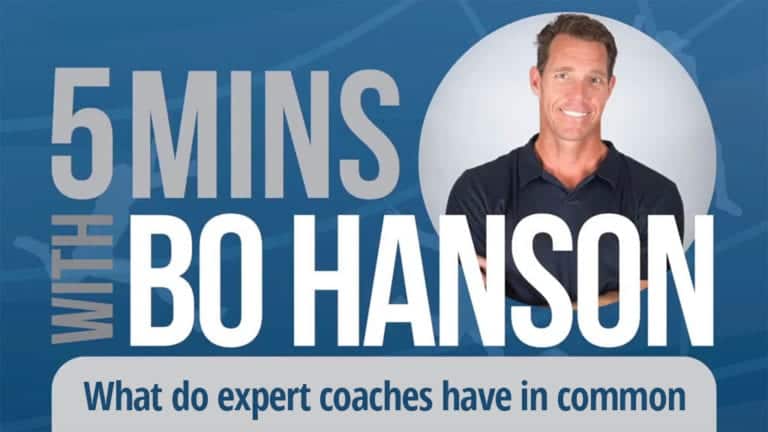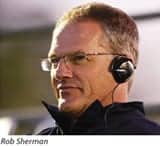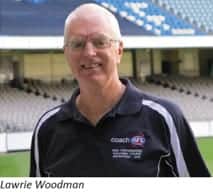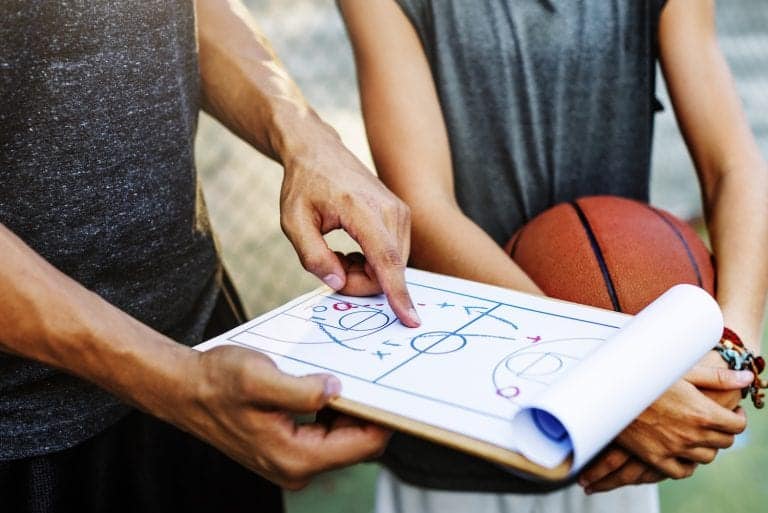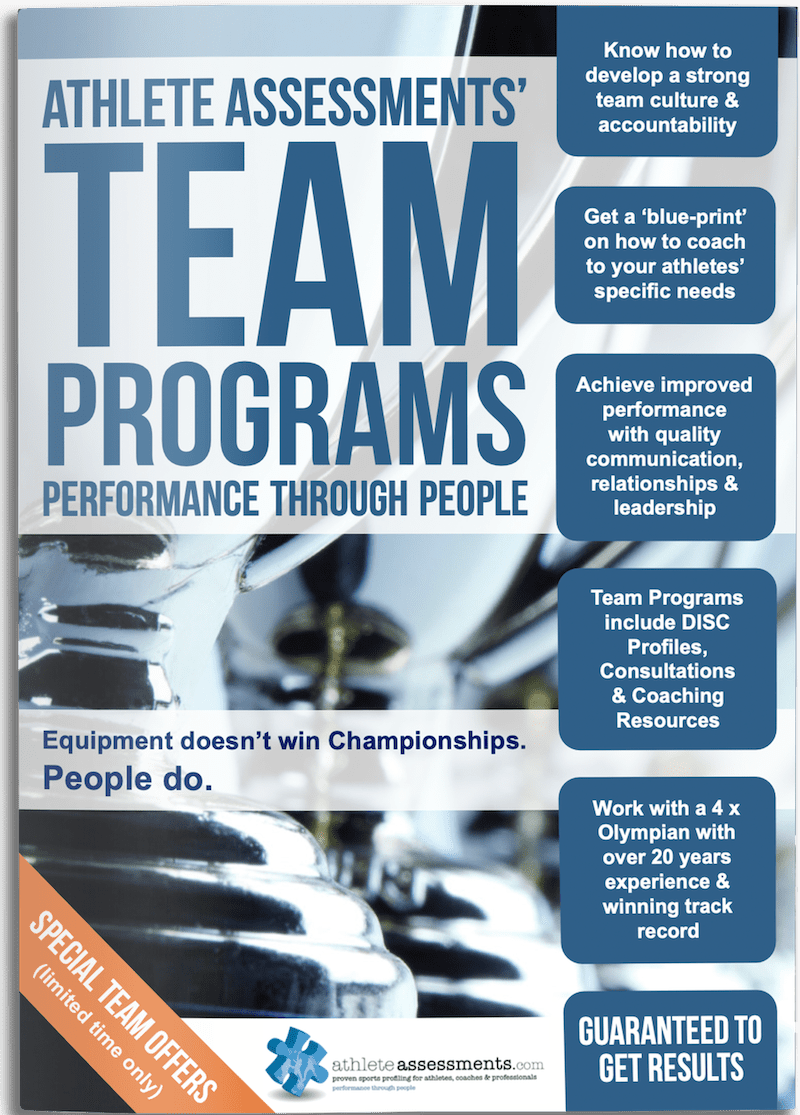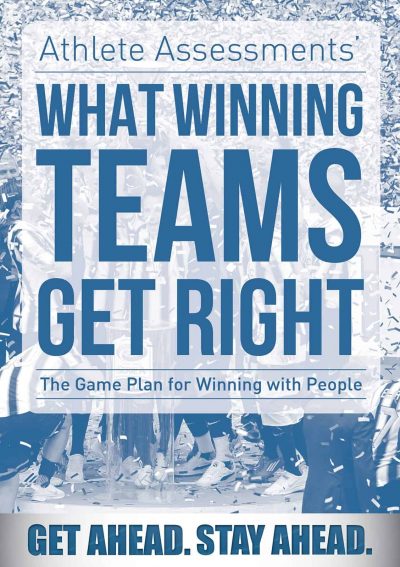Reflections on the Recent Media about Bernard Tomic and Patrick Rafter
(Note: Tennis Australia is not a client of Athlete Assessments)
When it comes to Coaches and athletes, Tennis Australia is doing it tough. An article recently appeared in our news feed regarding the state of Australian Tennis, in particular the Davis Cup Team.
Most tennis fans around the world would be aware of how Australia has some male players who have become infamous for their on and off court behavior, rather than what everyone wants, famous for their incredible ability and winning records.
The article was a response to a recent television interview with Bernard Tomic, who made derogatory comments about Patrick Rafter. Rafter is one of Australia’s most loved sports persons and a former world number one player.
Rafter had spent four years in control of high-performance development at Tennis Australia. He was also the Davis Cup Captain. Quotes from the article are below and when I read it, I said to myself, the comments Rafter is making about his struggles coaching the current generation of male Australian players, could easily be said about many other athletes from multiple sports by any number of Coaches.
Rafter may have thought he was dealing with a “unique” situation, with players such as Tomic and Kyrgios. But, in reality the issues Pat faced, are the same issues that many Coaches know only too well.
As you read the article ‘Pat Refer reveals his sad Davis Cup truth‘ or the key quotes contained below, see if you can relate to the situation Rafter faced.
It’s often talked about, how Generation Y and Millennials are different. And, that Millennials are different from any generation that’s gone before them. It makes sense they should be different, as they’ve grown up in different times and as such, very different environments.
As we know, different environments create changes in how people behave. We’re all to some degree, a function of our environmental influences. These influences are not being judged as right or wrong, good or bad, however some environmental influences do negatively impact the development of behaviors which are required to play sport at the highest levels. This is the challenge facing many Coaches at professional and collegiate level today.
The current generation of athletes behave in ways which are not in line with what previous generations have done.
Millennials communicate differently and through media platforms like Facebook, Instagram, Twitter, text messaging, etc. For many, this impacts their ability to build relationships in a “traditional” face to face manner. It also impacts their skills for dealing with conflict, as well as giving and receiving feedback. For example, it’s far easier to message someone via a media channel than to hold them accountable face to face. I’m not saying this is wrong, but in sport, the preferred method of communicating is face to face and immediate feedback is crucial to refining technique and performance. Leadership skills are also impacted.
This generation of athletes grew up playing highly structured and organized sport. They were not dropped off at school early so they could experience as much “free play” as what older generations enjoyed. Everything they’ve done has been monitored and controlled by older Coaches, teachers and parents.
Many Coaches want their athletes to have it all. They want refined athletic ability, the kind of ability that’s derived from highly targeted talent identification programs, early interventions and coaching expertize. But also, they still want their athletes to know how to lead, be tough and be able to take a Coach’s sometimes direct and blunt feedback, because that’s what we used to do in our day and age.
What struck me about this article, was how a young Tomic was just like many other young players from any era who grew up wanting to be like his idols. Today however, that love and dream have grown tired. How did this happen? What was so ineffective about the environment for these players that the resulting behavior is what we see today?
The article mentions how Tomic, despite aspiring to be like his idols, never had the same desire to play for them when they were his Coaches. Maybe the problem is not so much Tomic, but how he’s been coached, managed and conditioned within his environment.
Rafter, the two-time major winner, was Australia’s Davis Cup Captain for four years. His role was to develop Tomic and Kyrgios into champions and rocks as the foundation of the Australian Davis Cup Team. This never happened.
In frustration, Rafter quit his role with a year remaining on his contract. You may then ask, how can a Coach who quits his role, be critical of his players for not wanting to “do the hard yards?” We could assume that Rafter, like his players, has also lost his love of the game, the “coaching game” that is. He said he didn’t need the money earned from this role, but instead he did it out of passion and joy for the Team, where did that go?
Rafter then moved into a new role as Performance Director with Tennis Australia; less hands on as a Coach. He even quit this role after only two years in service. Rafter’s frustration over his lack of influence over Tennis Australia’s high-performance program and players can be summed up with these comments.
“I’m really honest with the guys. I came into a time in tennis — Davis Cup-wise and also as Performance Director — to try and change the culture and I realized I had no impact on these guys whatsoever and they couldn’t relate to me and I couldn’t relate to them,” Rafter told National Radio Station KIIS FM.
“It’s probably a lot of bad timing. I wanted to try and bring back some really strong, ethical morals we used to live by and I just found I couldn’t do it.
“It wasn’t enjoyable. I reckon I had one or two enjoyable days out of my four years that did it for me and it was just hard work. I was banging my head against a wall all the time. I just wasn’t in the mood for that kind of thing. I didn’t need it in my life.”
When I hear the above comments, it sounds less about the younger generation of players and more about Rafter’s inability to connect with them, build a relationship on their level and then influence them to grow.
As a Coach, our primary role is to create a connection with the athletes. Nothing else can happen unless this does. Nothing. A Coach cannot change culture, bring in new standards, give an athlete technical advice or do anything of significance unless the Coach builds a strong relationship as a first priority.
What I find interesting about this article is that there was no mention of how Rafter spent one on one time with each player, got to really know them, understand and value them as unique people. There is no mention of his efforts to learn about their families and who they are as people and begin the process of developing a bond. Nor does he mention how he let them into his world and life.
Again, when a Coach is appointed and just starts making changes and addressing what he perceives as a “poor culture”, it immediately alienates, upsets, or disrespects everyone who is currently part of this culture.
Sure changes have to be made, but changing culture is a very intricate and delicate exercise. It takes time and can never be dictated or rushed. If not done well, a Coach or any leader will disengage their people and this always results in poor performance. Which is where Tennis Australia is now. Unfortunately, it’s the players who’ve been blamed.
This article also raises the question of appointing Coaches to the highest level role, just because they were great players. How many times do we see great players unable to transition into great Coaches. Coaching is one of the most complex roles a person can do. The role completely revolves around working with a diverse group of people. Major corporations with highly paid CEO’s often fail in changing culture or acting as leaders. Why would we think a former player with little coaching experience would be successful?
As quoted in the article, “Rafter continued his crack at Australia’s young brigade, saying whereas his generation would have taken criticism on board and tried to improve, that just didn’t happen under his tenure.” Rafter went on to say, “I thought at the time we (Rafter and Tomic) could make some change but I found out pretty quickly that I couldn’t impact that,” Rafter says. “That was the era we got brought up with (where criticism would spark change). I’m not sure this generation takes that sort of criticism as positive criticism.”
To blankly state that this generation does not accept criticism is not correct. Again, each individual works through critiques in different ways. It needs to be presented to them in a way that is effective for them. This is the essence of effective coaching, to be able to tailor your message, communication or leadership to suit who you are giving it to. It’s the same concept as tailoring your game to play on clay or grass. Different situations require different behaviors.
Tomic was later quoted as saying this about Rafter and his coaching, “Pat said a lot of bad things about me throughout my career, and he’s always perceived as this nice guy. This image — people don’t know him behind closed doors. He’s not that much of a nice guy. And he’s — you know, he likes to put on a show.”
Those comments were made by Tomic after he confronted Rafter in 2015, calling him a “good actor” when he was involved in an argument with Tennis Australia about the lack of support he was receiving. Rafter had even gone so far as to label one of Tomic’s losses as “disgraceful”. It’s obvious the relationship between the two of them is poor. Without respectful relationships, the culture will be toxic at best, certainly not enjoyable.
Rafter said he probably should have kept his criticisms in-house. He even agreed with Tomic, that he acts differently depending on who he’s with.
“He’s not entirely wrong, at the end of the day we do wear different hats for different occasions,” Rafter says. “I do put on different faces for different occasions. I don’t want to bash up on Bernie. He’s got a point and he’s got a voice and he can say what he wants to say. We have had run-ins, we see life a little bit differently.”
There would be plenty of Coaches who view their sport differently to their players and athletes. This is normal. The challenge is to find a way to be on the same page especially as Coaches and athletes are on the same team. This sounds like neither Rafter nor Tomic would move from their respective view to embrace the common ground of “What is best for the Team?” Rafter says he hasn’t spoken to Tomic in nearly a year and has no plans to contact him anytime soon.
“My encouragement to those reading this article is to recognize that different does not equal bad. Different is different and often it’s through difference that greatness is created.” – Bo Hanson
When we work with teams, we spend time understanding the degree to which all involved with their team are aligned to a common goal, set of values and subsequent behaviors. This creates an agreed framework. Where disagreement exists, it can be discussed in a healthy way. The process of engaging with all team members and staff makes everyone feel valued. When people feel valued they want to belong. When people feel like they belong to something and truly feel a part of something, they generally “look after it”. They do what is necessary to make sure that what they belong to, is healthy and continues to grow and succeed.
Suggested Articles
Watch Bo Hanson discuss what expert coaches have in common and what is the key factor in what makes these top coaches so great. Recorded during an ABC TV Interview, find out why adapting your behavior to suit the needs of your athletes is vital to improving sports performance. Don’t miss these important insights.
A game that can draw comparisons with religion in England and South America, Football or 'Soccer' is a sport with a significant following around the world. Some parts of the world follow the cosmopolitan code with…
The Australian Football League (AFL) presides over one of the most iconic forms of football in the country. Since 1897 the game has been the cause for celebration as well as heated bar room conversation. While…
By Bo Hanson - 4x Olympian, Coaching Consultant & Director of Athlete AssessmentsThe 2008 Beijing Olympic Study, undertaken by the Canadian Olympic Team, shed light on the factors leading to either personal best performances or Olympic…
Ever spent time wondering how expert coaches operate? In this article we take a quick look at what the 'experts' do that makes them experts. This research was derived from how experts conduct themselves across a wide domain of industries and areas of endeavor. Expertise is universal and we apply this to coaching sport.


